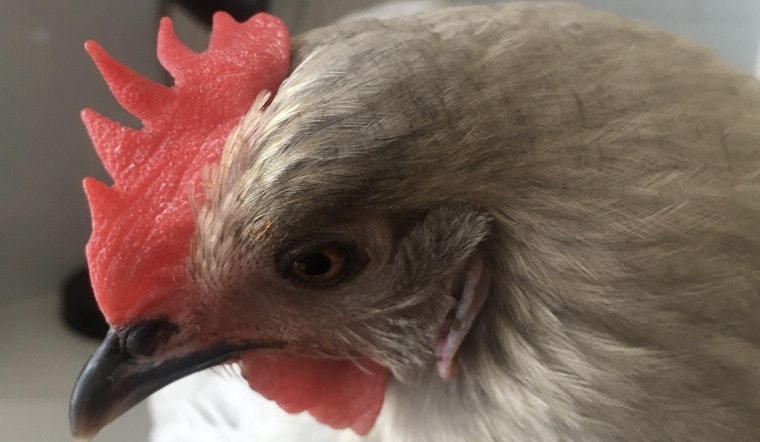The Detroit City Council approved a new ordinance yesterday that will allow residents to raise chickens, ducks, and bees on their property. The decision, which passed with a 5-3 vote, culminates a decade-long effort by advocates of urban farming and food sovereignty in Detroit. The ordinance, which is set to take effect on January 31, 2025, reflects a growing trend in urban agriculture and aims to address food insecurity issues within the city, as reported by
BridgeDetroit
.
Under the new rules, Detroit homeowners will be permitted to keep up to eight chickens or ducks and up to four honeybee hives, following specific guidelines regarding shelter and waste management. Roosters, pigs, and other larger farm animals, however, remain prohibited within city limits. Despite some opposition regarding the ordinance, Council President Pro Tem James Tate, the sponsor of the amendment, emphasizes that the policy will “catch up with the reality of things” and believes Detroit residents deserve this right, as noted by
FOX 2 Detroit
.
A key proponent of the ordinance, Jøn Kent, founder of Sanctuary Farms, hailed the potential to supply fresh, local eggs to residents. Detroit Food Policy Councilmember Jason Lindy emphasized the educational benefits, stating that “farming can become a real career” and exposure for Detroit youth is essential, as
CBS News
detailed. Advocates believe that the ordinance will not only improve access to healthy food but also serve as a model for further urban green initiatives aiming to make Detroit a more environmentally and physically healthier city, according to Patrice Brown, associate director of urban agriculture for the city of Detroit.
However, some council members, including Mary Waters, advocated for a voter referendum on the issue. Concerns were also raised by Councilmember Angela Whitfield-Calloway about enforcement, pointing out past difficulties in controlling loose animals in neighborhoods. Tate responded by outlining that the ordinance would rely primarily on community enforcement through citizen complaints, as covered by
FOX 2 Detroit
. Additionally, residents seeking to keep these animals must obtain a license and adhere to strict rules governing the enclosures. The city’s Animal Care and Control will have the authority for inspection to ensure compliance.
As part of the efforts to involve the community and alleviate concerns, the ordinance was amended to include provisions like opaque fencing to prevent neighbors from seeing the animals directly. Estimates by Michigan State University predict that 1,000-3,000 households may take advantage of the ordinance over the next ten years, contributing significantly to urban sustainability and food security within the city. Detroit joins a list of Michigan cities like Ann Arbor and Grand Rapids in allowing the ownership of certain farm animals in urban settings, as pointed out in the session notes reported by
BridgeDetroit
.
Note: Thank you for visiting our website! We strive to keep you informed with the latest updates based on expected timelines, although please note that we are not affiliated with any official bodies. Our team is committed to ensuring accuracy and transparency in our reporting, verifying all information before publication. We aim to bring you reliable news, and if you have any questions or concerns about our content, feel free to reach out to us via email. We appreciate your trust and support!



Leave a Reply